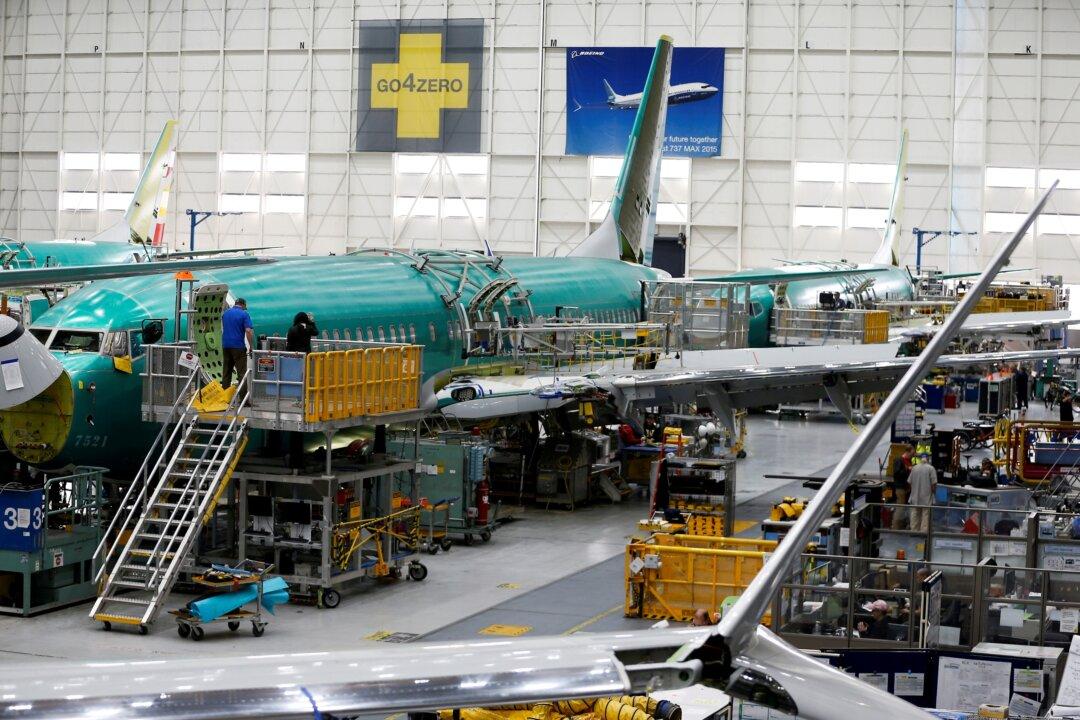A congressional inquiry into Boeing’s troubled 737 Max airplane blamed both Boeing and the Federal Aviation Administration (FAA) for a series of serious failures that “played instrumental and causative roles” in two fatal crashes of the plane, which left 346 people dead, including eight Americans.
The House Transportation Committee on Wednesday released an investigative report (pdf) produced by Democratic staff, which concluded: “The Max crashes were not the result of a singular failure, technical mistake, or mismanaged event. They were the horrific culmination of a series of faulty technical assumptions by Boeing’s engineers, a lack of transparency on the part of Boeing’s management, and grossly insufficient oversight by the FAA.”





